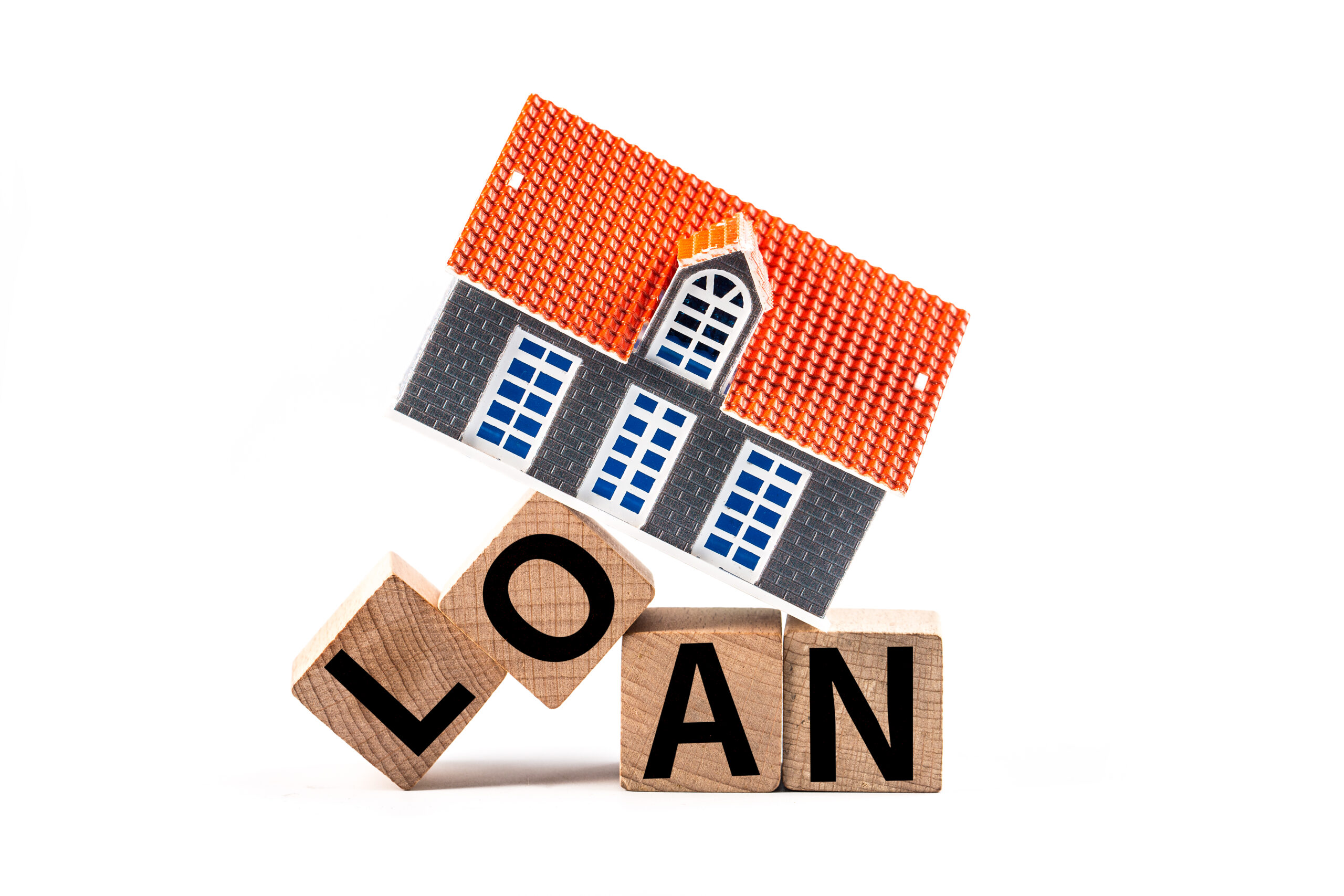Reverse mortgages are a popular option for seniors who want to access the equity in their homes. But what if you have multiple properties? Can you have more than one reverse mortgage?
The answer is yes, you can have more than one reverse mortgage. However, there are some limitations and considerations to keep in mind.
First, you must meet the eligibility requirements for each reverse mortgage you apply for. This means you must be at least 62 years old, own your home outright or have a significant amount of equity in your home, and live in the home as your primary residence.
Second, the amount of money you can borrow with a reverse mortgage is limited by the value of the property. So, if you have multiple properties with high values, you may be able to obtain multiple reverse mortgages.
Third, each reverse mortgage will have its own fees, closing costs, and interest rates. These costs can add up quickly, so it’s important to factor them into your decision-making process.
Finally, keep in mind that a reverse mortgage is a loan that must be repaid when you sell the property, move out of the home, or pass away. If you have multiple reverse mortgages, you will need to repay each loan when the time comes.
It’s also worth noting that having multiple reverse mortgages can be complex and may require additional financial planning. It’s a good idea to consult with a financial advisor to discuss your options and determine whether multiple reverse mortgages are the best choice for your situation.
while it is possible to have more than one reverse mortgage, it’s important to carefully consider the costs and repayment obligations associated with each loan. Consulting with a financial advisor can help you make an informed decision about whether multiple reverse mortgages are the right choice for you.








